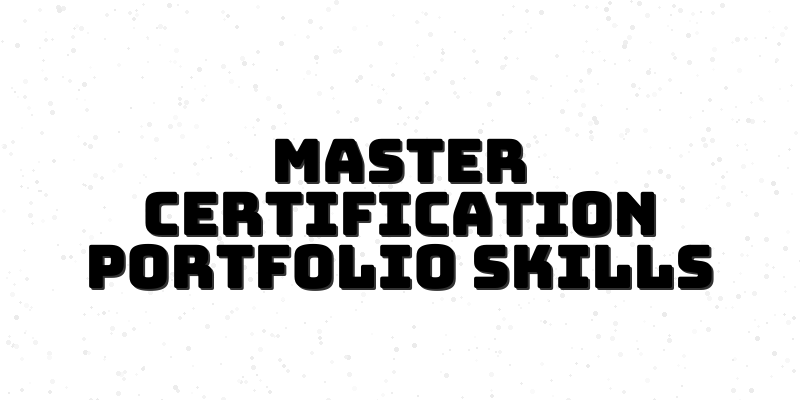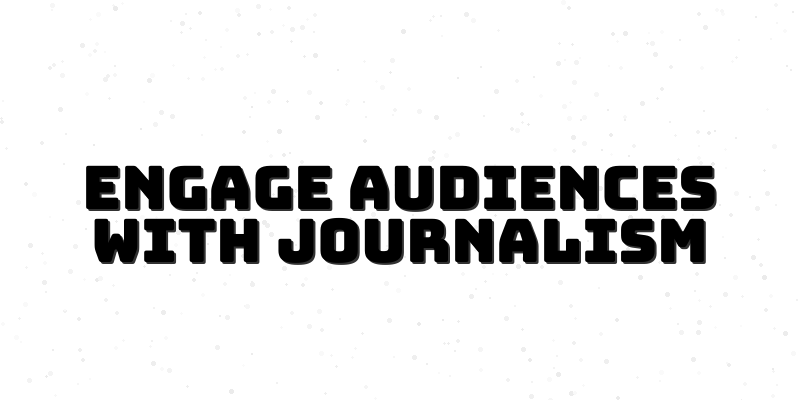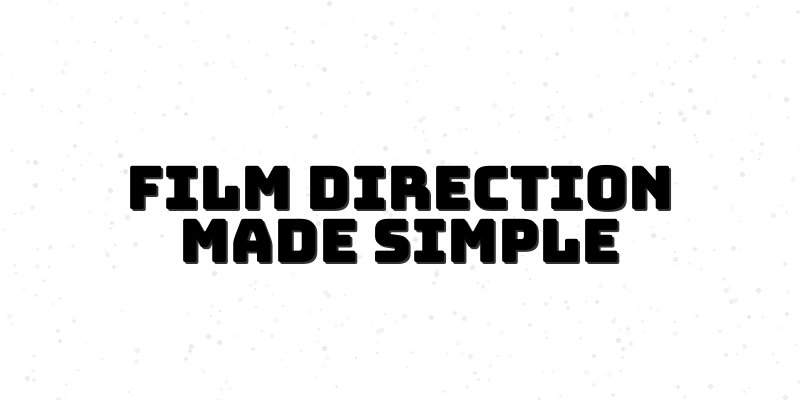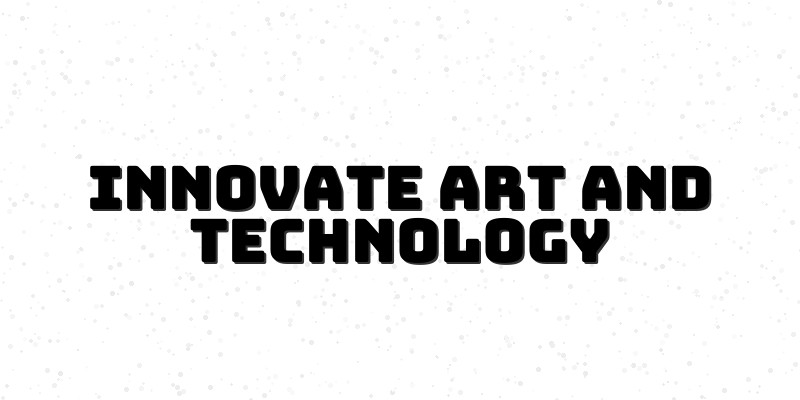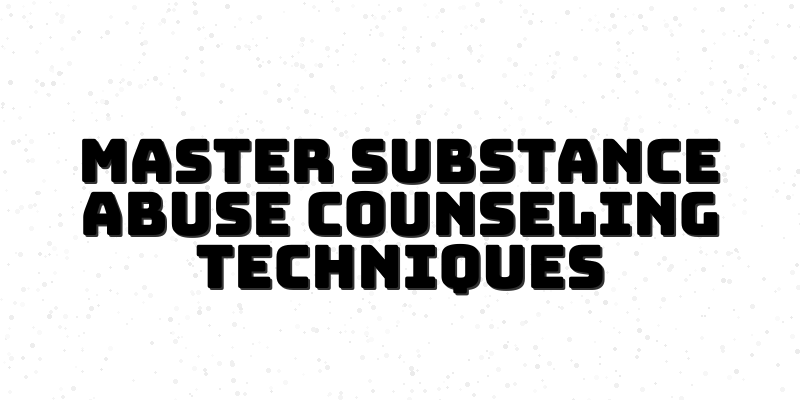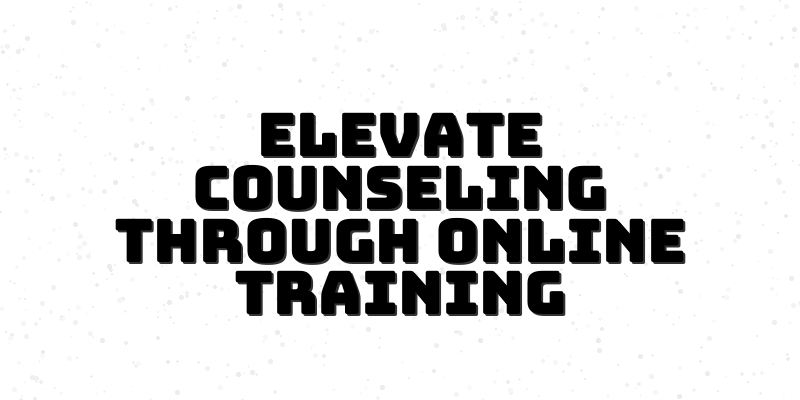Navigating Counseling Ethics: Essential Insights for Professional Development
In the ever-evolving field of counseling, navigating ethical guidelines is crucial for establishing trust and professionalism. As counselors strive for certification, understanding the complexities of counseling ethics becomes paramount. This blog post will explore the significance of counseling ethics, how to effectively navigate these guidelines, and the impact they have on your career trajectory. Join us as we dive deep into the intricacies of counseling ethics and portfolio development, setting you on the path toward professional excellence!
Understanding Counseling Ethics
Counseling ethics serve as the foundation for trustworthy and professional relationships between counselors and their clients. These guidelines not only protect clients but also uphold the integrity of the counseling profession itself. Familiarizing yourself with these principles enables counselors to make informed decisions that prioritize client welfare and foster a safe therapeutic environment.
In this section, we will define what counseling ethics entail, discuss their importance, and explore the major ethical codes recognized globally, such as those established by the American Counseling Association (ACA) and the National Association of Alcoholism and Drug Abuse Counselors (NAADAC).
The Role of Ethical Guidelines in Professional Development
Ethical guidelines are not merely a set of rules; they are a dynamic framework that guides counselors toward effective practices. Understanding these guidelines allows you to enhance your professional development, ensuring that your counseling techniques are not only effective but also ethical.
This section explores how grounding your practice in ethical guidelines can lead to improved client outcomes, better professional relationships, and a higher standard of care. As counselors grow in their understanding of ethics, they find that their self-assessment abilities are sharpened, thus fostering a culture of continuous improvement and accountability in their practice.
Mastering Self-Assessment as a Counselor
Self-assessment is an integral part of a counselor's ethical toolkit. It allows counselors to reflect on their practices, identify biases, and acknowledge areas for improvement. Through thoughtful self-assessment, you are not only ensuring compliance with ethical guidelines but also fostering a climate of professionalism that enhances client trust.
In this section, we will discuss tools and techniques for effective self-assessment in counseling. We will also delve into the importance of seeking feedback from peers and supervisors, highlighting how collaborative self-assessment can lead to higher ethical standards in practice.
Portfolio Development: Showcase Your Skills Ethically
Compiling a professional portfolio that showcases your counseling techniques, ethical practices, and self-assessments is essential for career advancement. An ethical portfolio not only highlights your qualifications but also reflects your commitment to continuous professional development.
This section will offer insights on how to structure your portfolio, what elements to include, and tips for ensuring that it aligns with ethical standards. We will also discuss the significance of including case studies, reflective journals, and evidence of ongoing education in your portfolio development process.
Integrating Ethical Practices in Substance Abuse Counseling
Substance abuse counseling is an area that poses unique ethical challenges. Counselors often find themselves navigating the complexities of confidentiality, informed consent, and client autonomy in this sensitive field. This section will explore these challenges and provide practical strategies for integrating ethical practices into substance abuse counseling.
By examining case studies and real-world scenarios, counselors can gain a deeper understanding of how to maintain ethical integrity while effectively supporting their clients in recovery.

